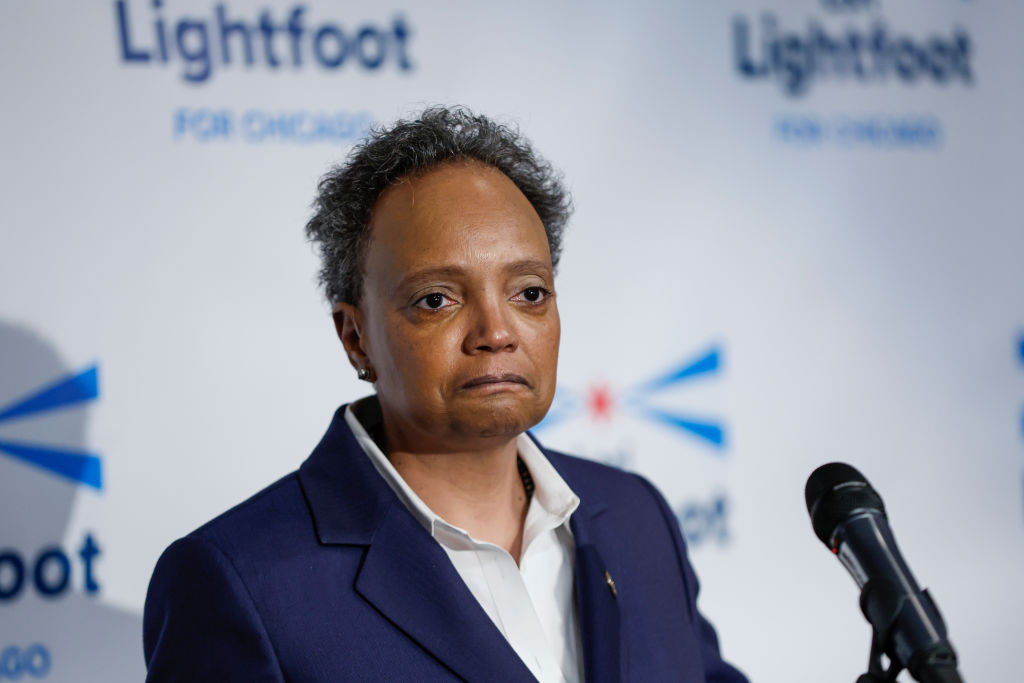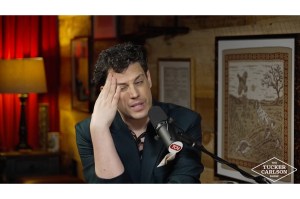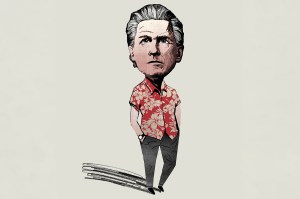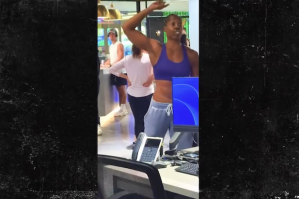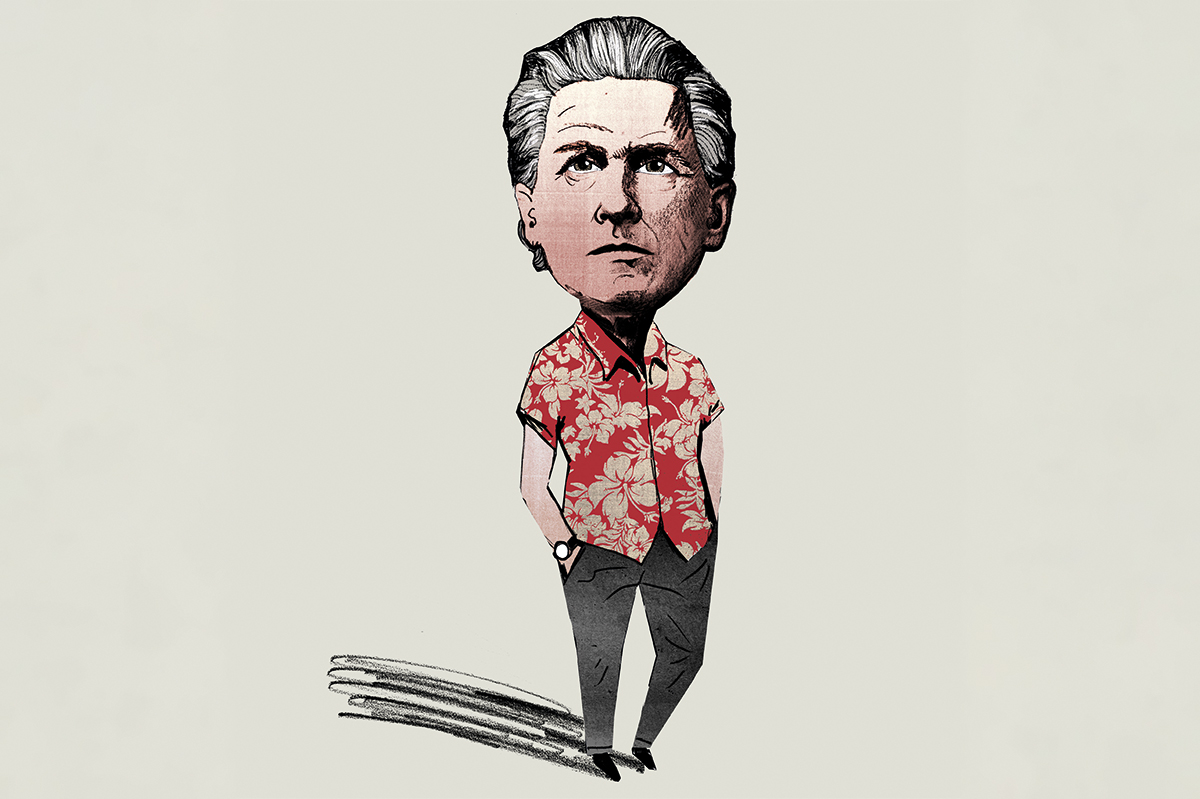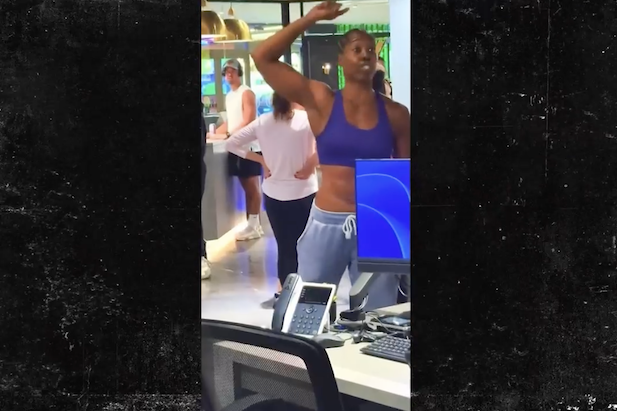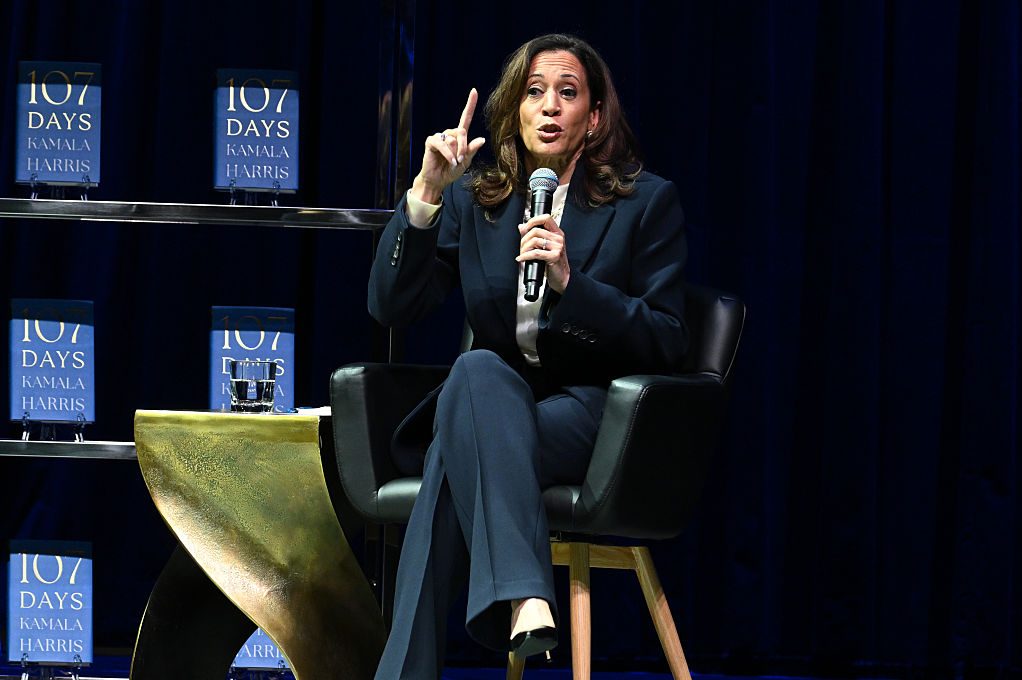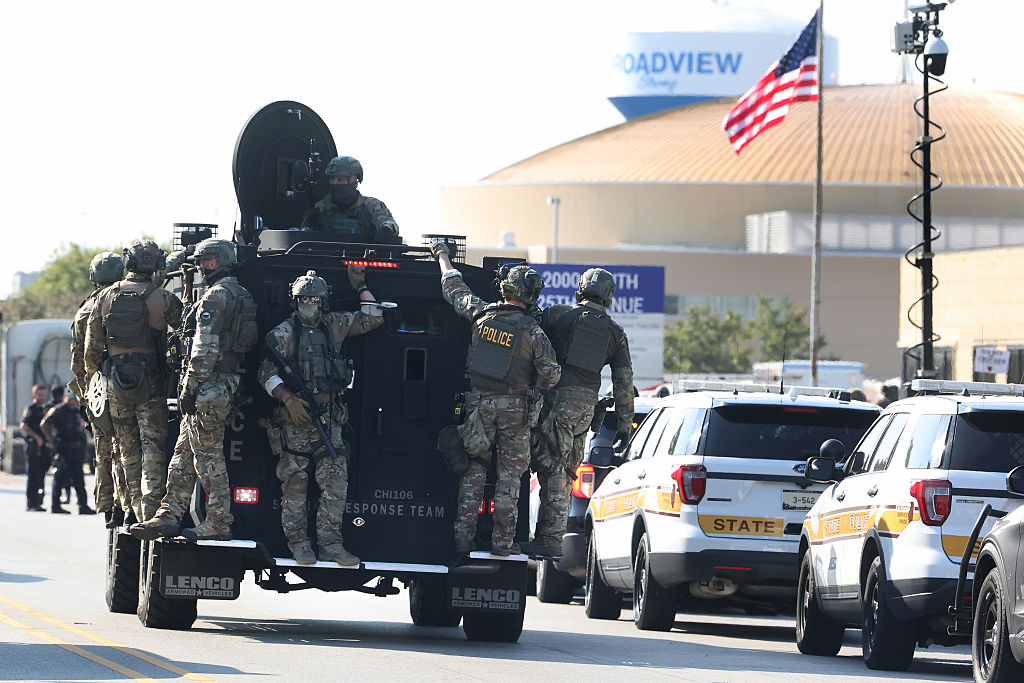When Chicago went to the polls on Tuesday, the voters made one thing abundantly clear: they wanted to see the back of Lori Lightfoot, the current mayor. She had come into office on a landslide in 2019, winning some three-quarters of the vote against a well-known, well-liked opponent. Four years later, all that support was gone. She received only 17 percent in 2023, a distant third in a race where only the top two candidates enter the runoff (since none received 50 percent).
The candidates going into that runoff are Paul Vallas, with about 34 percent of the vote (twice that of the incumbent), and Brandon Johnson, with about 20 percent. The rest of the vote was spread among the six other candidates, including Lightfoot. The final totals won’t be known for a few days since absentee ballots will trickle in. They can be postmarked until the day before the election. Whatever the final count, the top two positions seem settled.
Vallas and Johnson offer voters stark contrasts on policy, administrative experience and core support. Vallas is essentially a center-left candidate. His campaign focused on restoring public safety, as well as his extensive experience managing city budgets and urban school systems. He has firm backing and considerable financial support from the city’s business community, who are deeply concerned about the loss of several corporate headquarters, weakness in the downtown retail and commercial sectors, rising crime, and ebbing population. They want competent, professional, centrist management to turn around those troubling trajectories. The police union supports him because he promises more cops on the beat to replenish a force hit hard by retirements and low morale.
Johnson, running as a fervent progressive, is the nightmare of the business community and the police. He has worked as an organizer for the Chicago Teachers Union and a striker leader. His only public office has been as commissioner (since 2018) on the Cook County Board, which covers the Chicago metro area.
Besides this contrast in experience, the differences on policing are especially sharp. Johnson once said defunding the police was his “political goal.” He seldom mentioned that goal during the campaign for good reason. Chicago has had almost 2,300 homicides since Lightfoot took office in 2019 — and voters have repeatedly said crime is their top issue. They want better policing, not less.
Vallas will undoubtedly emphasize his depth of experience. He was Chicago’s budget director under Mayor Richard M. Daley before turning to educational administration. He then headed major school systems in Chicago, Philadelphia, New Orleans and Bridgeport, Connecticut — and advised Haiti on rebuilding theirs after its destruction in a natural disaster. Yet his emphasis in the primary campaign was on public safety, rather than education, though city residents are clearly worried about both.
Any campaign that focuses on public safety and hiring more police walks onto grounds pockmarked with racial landmines. Vallas knows that. That’s why he was so sharply critical of Ron DeSantis when he visited Chicago recently on his national “crime tour.” Vallas’s primary opponents immediately linked him to the conservative Republican, the police union, whatever came to mind. Vallas moved quickly to dissociate himself from DeSantis, knowing those associations could sink him in Chicago.
Racial issues are likely to be crucial in the runoff. Vallas, the son of Greek immigrants, was the only white candidate in the primary. (Amazingly, for a city with Chicago’s political traditions, there were no Irish Americans.) Chuy Garcia, who finished fourth (with about 14 percent of the vote), is Puerto Rican. All the other candidates, including Johnson, are black.
Together, the black candidates received about 53 percent of the primary vote. To capture that vote in the runoff, Johnson will have strong incentives to use a familiar strategy, emphasizing racial solidarity and identity politics. That’s ominous in a city already anxious and polarized about race, where race overlaps substantially with criminal-justice issues.
Unfortunately, Chicago has plenty of experience with “racial-mobilization” politics. It suffered the scars several decades ago, when white politicians used that strategy to hamstring a popular black mayor, Harold Washington.
The Hispanic vote is also in play — and Vallas will need it to win. In Chicago, that community includes Mexican Americans, Puerto Rican, and a variety of South American immigrants. Together, they are slightly larger than the black population, but far less influential politically. The African Americans have been engaged in city politics for much longer, are much better organized, and vote in larger percentages.
Vallas will also need at least some black support, or perhaps a lethargic turnout. He will strive to voters, whatever their race or ethnicity, who are fed up with daily murders, gang activity and lousy schools that limit their kids’ possibilities in a world that relies more and more on good education.
There is one slim area of agreement between the candidates. Neither wants to be tagged with the dismal legacy of Lori Lightfoot. Vallas, in particular, will remind them that she came into office on a fluffy cloud of big dreams, backed with very little practical experience running any organization. The dreams she sold so effectively to voters vanished once she was in office.
Lightfoot couldn’t deliver what voters wanted most, what they still want, what they consider essential from their local government. Whatever their race or income, they want safe streets, decent schools, well-maintained streets and other basic services. They don’t want to pay more for any of them, since they already pay sky-high taxes in Chicago on real estate, gas and consumer sales. For their money and their votes, they expect something in return. And they never got it.
Vallas’s strongest selling point is that he has the experience to actually deliver. Johnson is likely to counter with his progressive credentials and union activism, and perhaps a subtext of racial-identity politics. The more the runoff becomes a race about race, instead of policy and competence, the harsher the consequences for Chicago.



